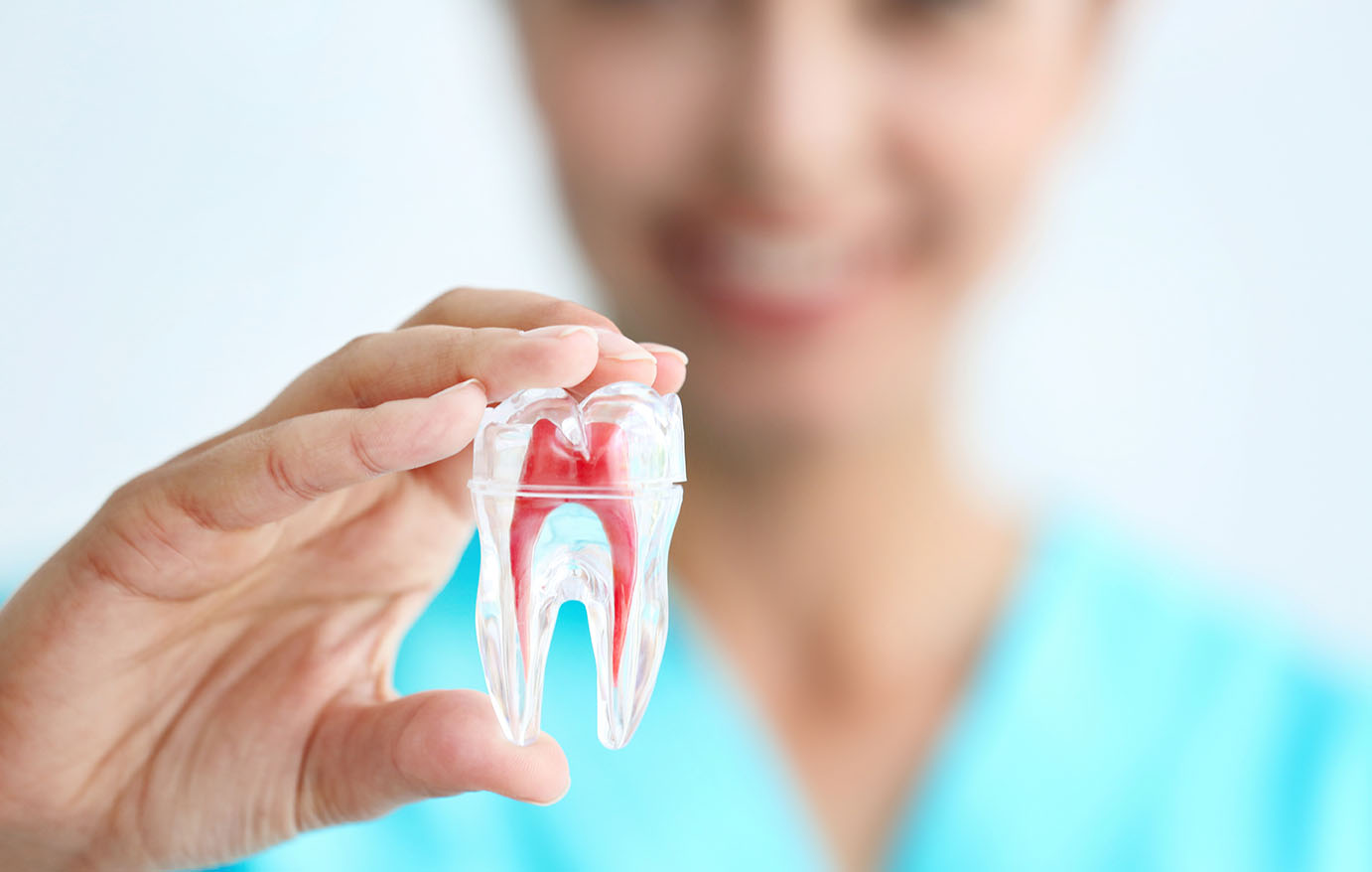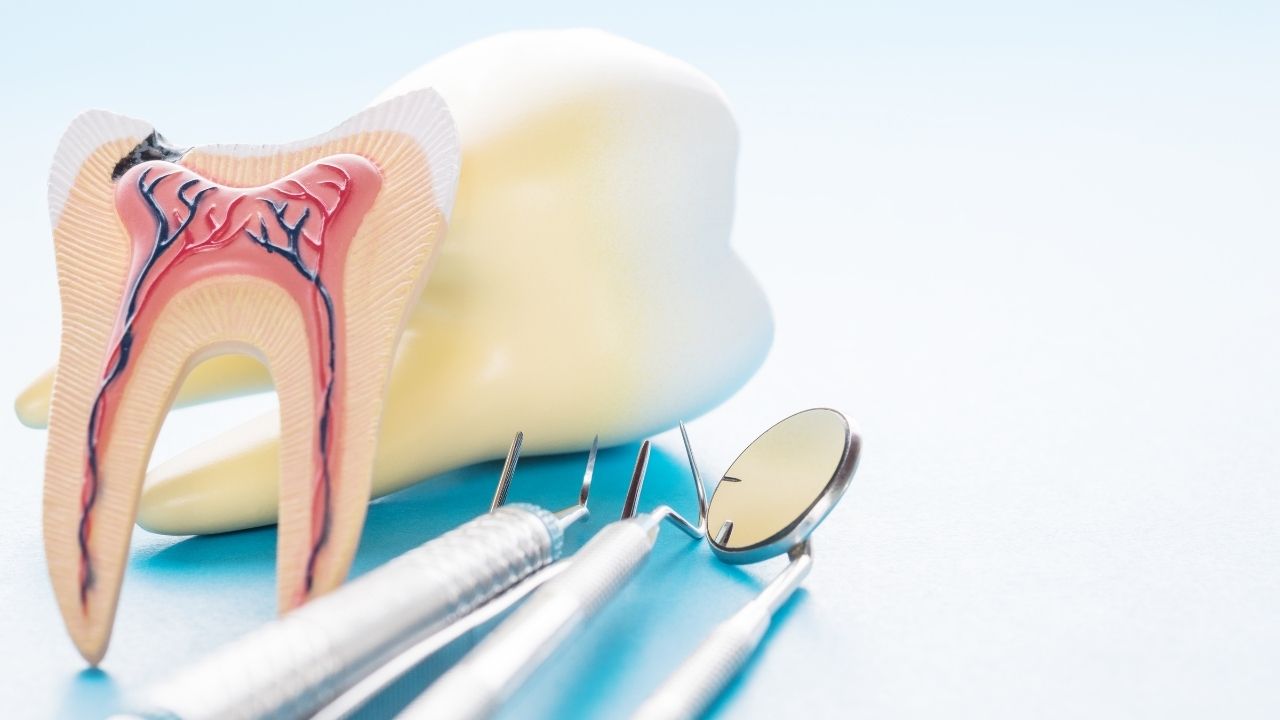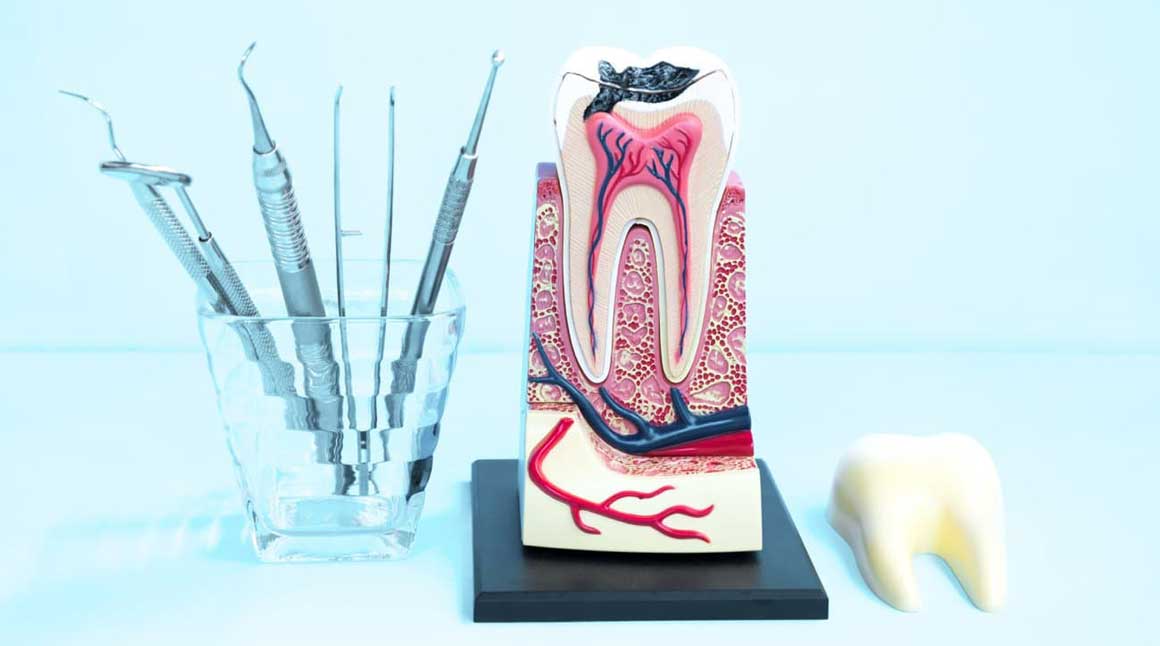Root Canals

Alina Dental Clinic
Root Canals
A root canal is a highly effective dental procedure designed to treat infected or damaged teeth while preserving their natural structure. During the process, the infected pulp is removed, the tooth is cleaned and disinfected, and a filling material is placed to restore its strength and function. At Alina Dental Clinic, we specialize in advanced root canal treatments that prioritize your comfort and oral health.
Restore Your Oral Health with Root Canal Therapy
Don’t let tooth pain or infection compromise your smile. Our expert dentists at Alina Dental Clinic are equipped with the latest technology to ensure a seamless and pain-free root canal experience, saving your natural tooth and protecting it from future damage.
Reasons
Why Choose Root Canal Therapy?
Root canal therapy is an essential treatment for saving a damaged or infected tooth, offering a safe and effective way to restore its health and functionality. By removing the infected pulp and sealing the tooth, the procedure alleviates severe pain, prevents the spread of infection, and preserves your natural tooth structure. Unlike tooth extraction, a root canal maintains the alignment of surrounding teeth and protects jawbone health, preventing complications such as bone loss.
Get Relief From Pain
Prevents Extraction
Restores Functionality
Prevents Further Infection
Schedule Your Dental Visit Today!
Book your appointment effortlessly and secure your path to a healthier, brighter smile
When Is a Root Canal Needed?
You may need a root canal if you experience:
- Persistent tooth pain or sensitivity to hot and cold.
- Swollen or tender gums around a tooth.
- Tooth discoloration or darkening.
- A chipped, cracked, or deeply decayed tooth.
- A recurring pimple-like bump on the gums (abscess).
Our skilled team will evaluate your condition with precision and provide a tailored treatment plan to address your needs.


Benefits of Root Canals
- Pain Relief: Root canal therapy eliminates severe tooth pain caused by infection or damage, restoring your comfort and oral health.
- Preserves Natural Teeth: By saving your natural tooth, root canals maintain your bite and prevent the need for replacement solutions like implants or bridges.
- Prevents Infection Spread: Removing the infected pulp stops the spread of bacteria to neighboring teeth and gums, protecting overall oral health.
- Maintains Jawbone Health: Keeping your natural tooth intact helps prevent jawbone deterioration, which can occur after tooth loss.
- Improved Functionality: Root canal-treated teeth function like natural teeth, allowing you to chew and speak without discomfort.
Help & FAQ
General Question
Lorem ipsum dolor sit amet, consectetur adipiscing elit, sed do eiusmod tempor incididunt ut labore et dolore magna aliqua. Ut enim ad minim veniam quis nostrud
Lorem ipsum dolor sit amet, consectetur adipiscing elit, sed do eiusmod tempor incididunt ut labore et dolore magna aliqua. Ut enim ad minim veniam quis nostrud
Lorem ipsum dolor sit amet, consectetur adipiscing elit, sed do eiusmod tempor incididunt ut labore et dolore magna aliqua. Ut enim ad minim veniam quis nostrud
Lorem ipsum dolor sit amet, consectetur adipiscing elit, sed do eiusmod tempor incididunt ut labore et dolore magna aliqua. Ut enim ad minim veniam quis nostrud


Quick Help & Info
Find answers to your most common dental questions and concerns. Get quick and helpful solutions to address your oral health needs and improve your smile.
Yes, a root canal is specifically designed to save your natural tooth by removing the infection and restoring its functionality.
After the procedure, a crown or filling is placed to strengthen the tooth and protect it from further damage. Mild soreness is common but subsides in a few days.
Root canals are often more cost-effective than tooth extraction and replacement with implants or bridges, especially when considering long-term benefits.
Recovery is generally quick, with minimal discomfort. Over-the-counter pain relievers can help, and you can return to normal activities shortly after the procedure.
